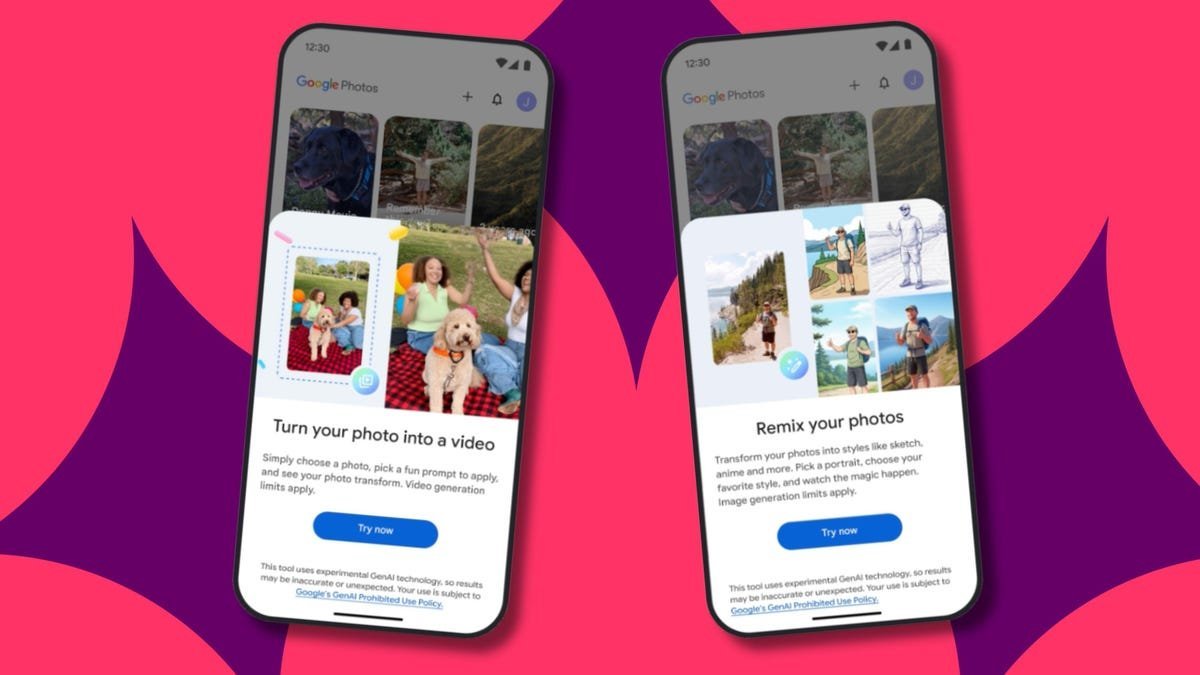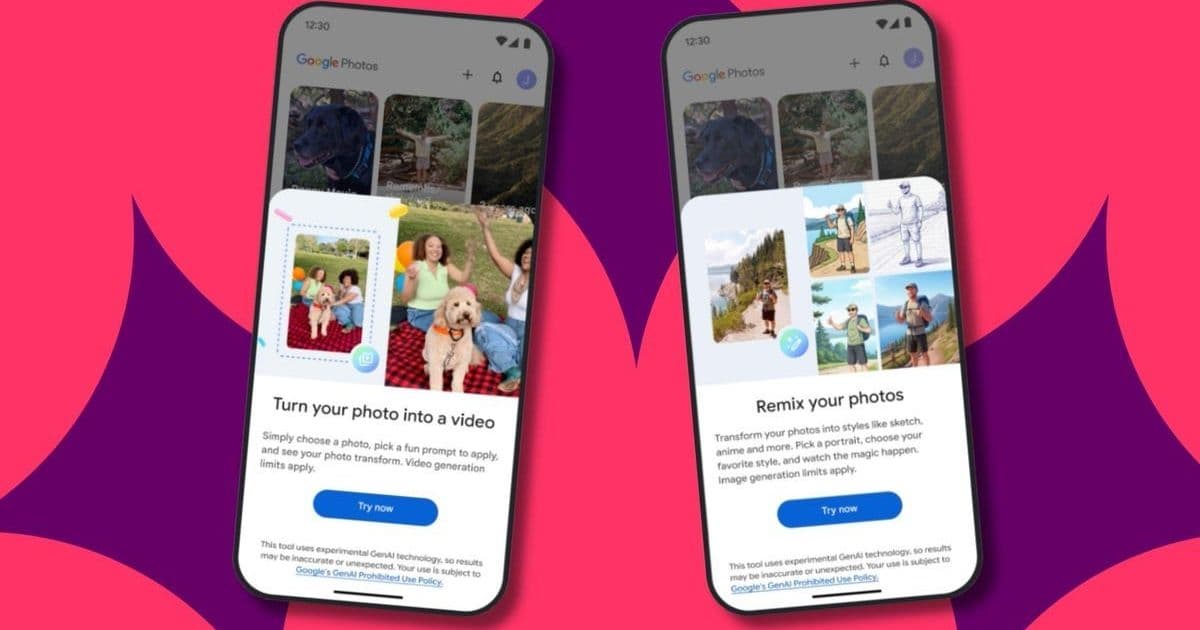Google Photos now lets users transform static images into dynamic six-second videos or remix them into styles like anime using AI. Powered by the Veo model, this experimental feature offers creative new ways to reimagine personal photos, though it includes safeguards like digital watermarks to address ethical concerns.

Google Photos is stepping into the generative AI arena with two groundbreaking features that turn your photo library into a creative playground. Announced this week, the update allows users to animate still images into short videos or completely remix their aesthetic into formats like comic book art, 3D animation, or sketches—all with a few taps. This isn't just a novelty; it represents a significant shift in how AI is democratizing advanced media manipulation for everyday users.
At the core of the photo-to-video tool is Google's Veo 2 model. Users can select any image and generate a six-second clip, choosing between adding "subtle movements" or letting the AI go wild with an "I'm feeling lucky" option. As ZDNET Senior Contributing Writer Tiernan Ray noted about a similar Gemini app feature: "> It's disconcerting how well it works." However, the Photos iteration differs—it lacks custom prompts and uses the older Veo 2 instead of Gemini's Veo 3, suggesting Google is strategically tiering AI access across its ecosystem.
The Remix feature takes creativity further, enabling stylistic transformations that could previously require professional software. Imagine converting a vacation snapshot into an anime frame or a pencil sketch—ideal for social media sharing. Google admits these tools are experimental and may produce uneven results, so users can provide feedback via thumbs-up/down ratings.
Ethical considerations are front and center. Videos include visible watermarks, and remixed photos carry invisible SynthID watermarks to combat misuse, building on safeguards from Google's Reimagine tool. This reflects growing industry awareness around deepfake risks as AI media tools proliferate.
Rolling out now on Android and iOS, these features highlight how generative AI is evolving from abstract tech into personal storytelling aids. Yet they also raise questions about computational costs and data privacy—topics developers should watch as Veo and similar models mature. For now, Google Photos is betting that the magic of animated memories outweighs the uncanny valley.
Source: ZDNET, July 24, 2025.

Comments
Please log in or register to join the discussion